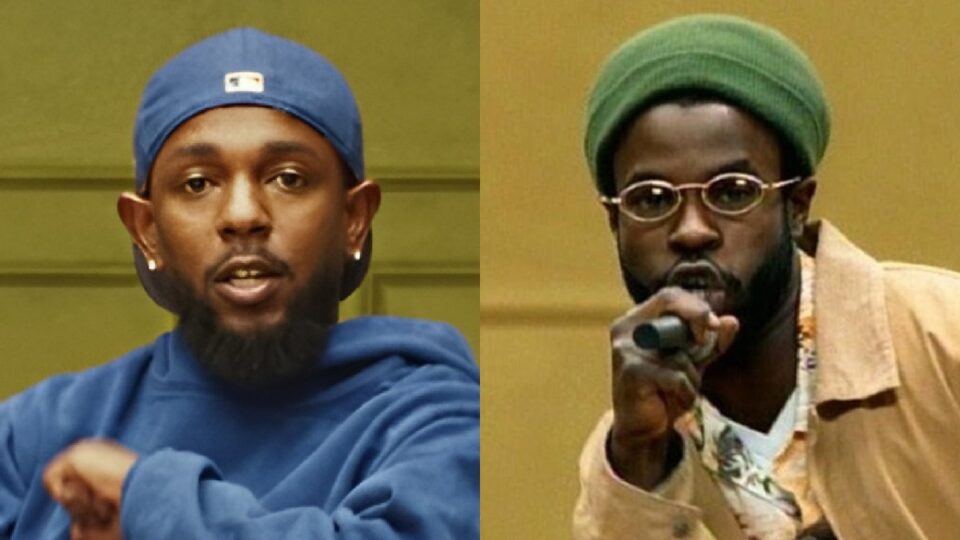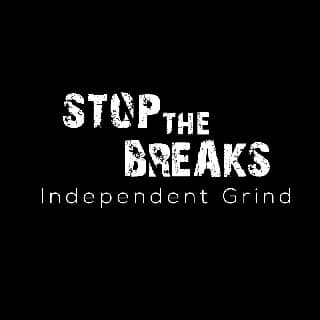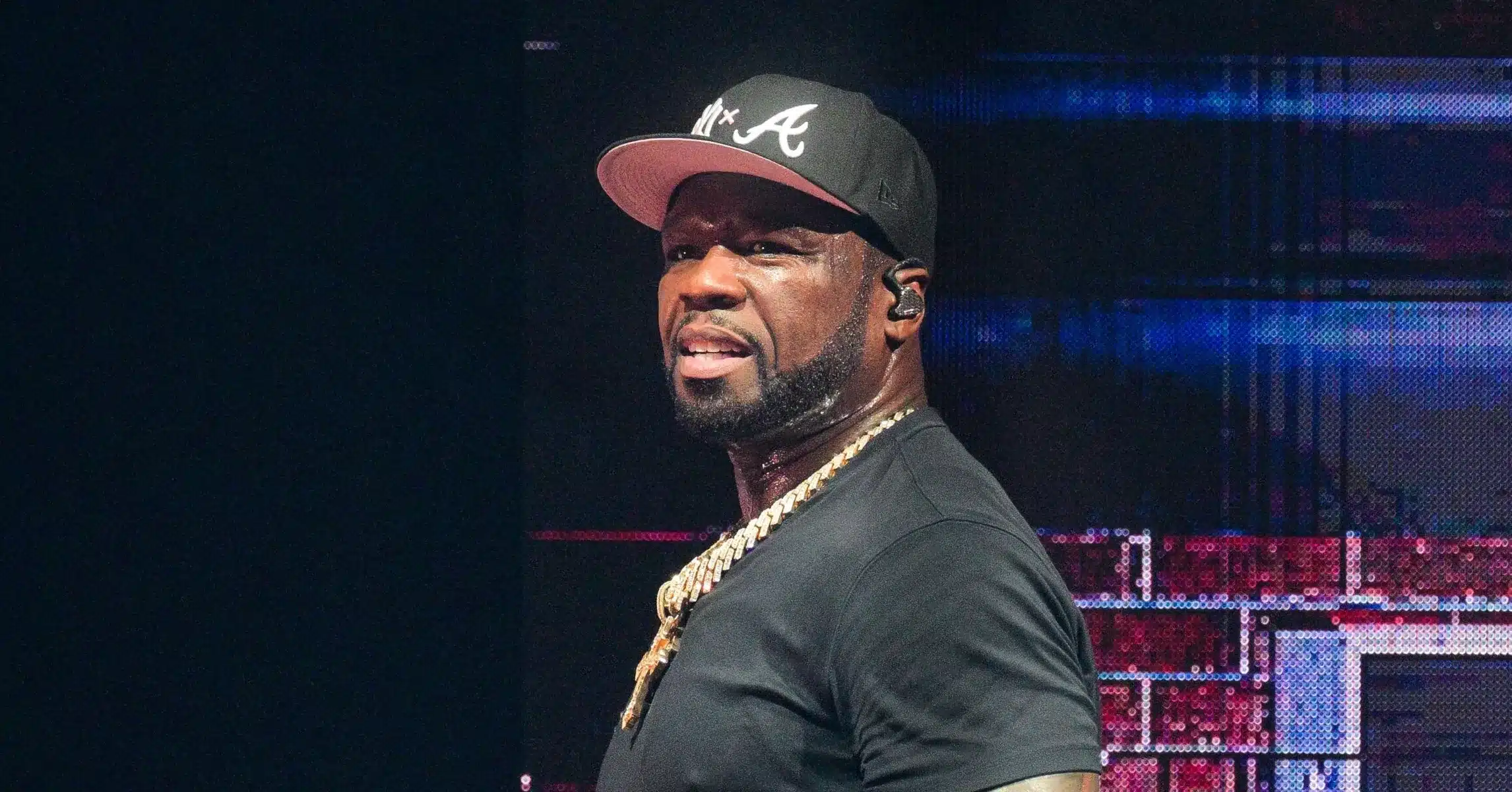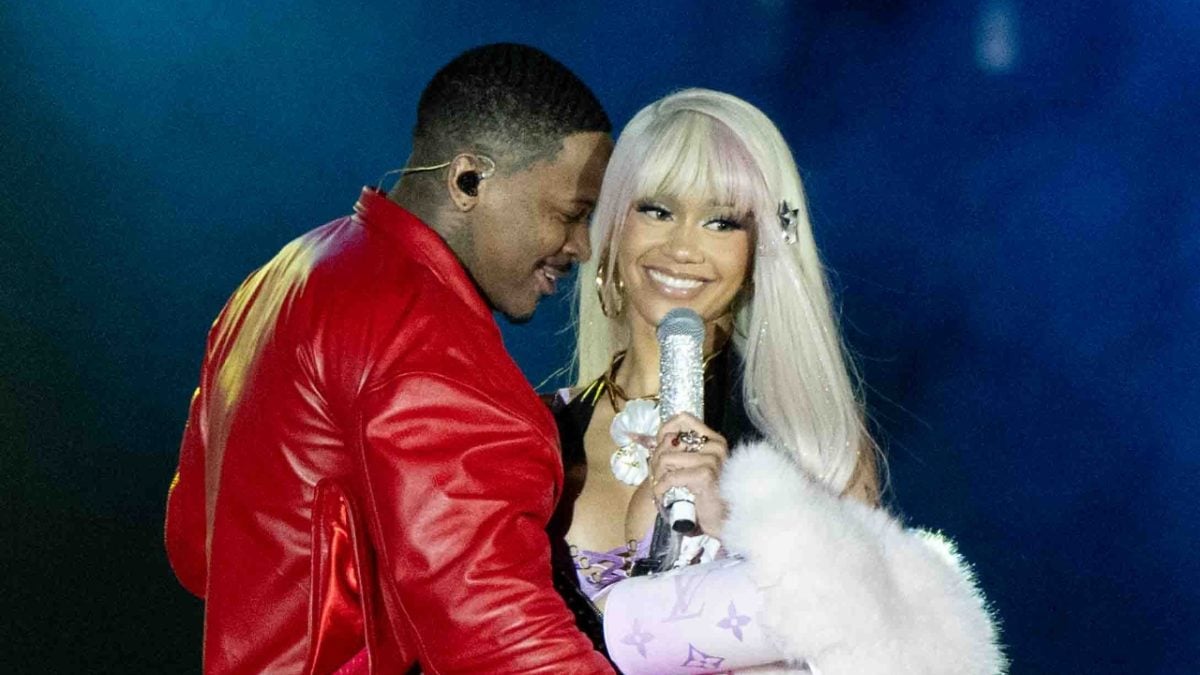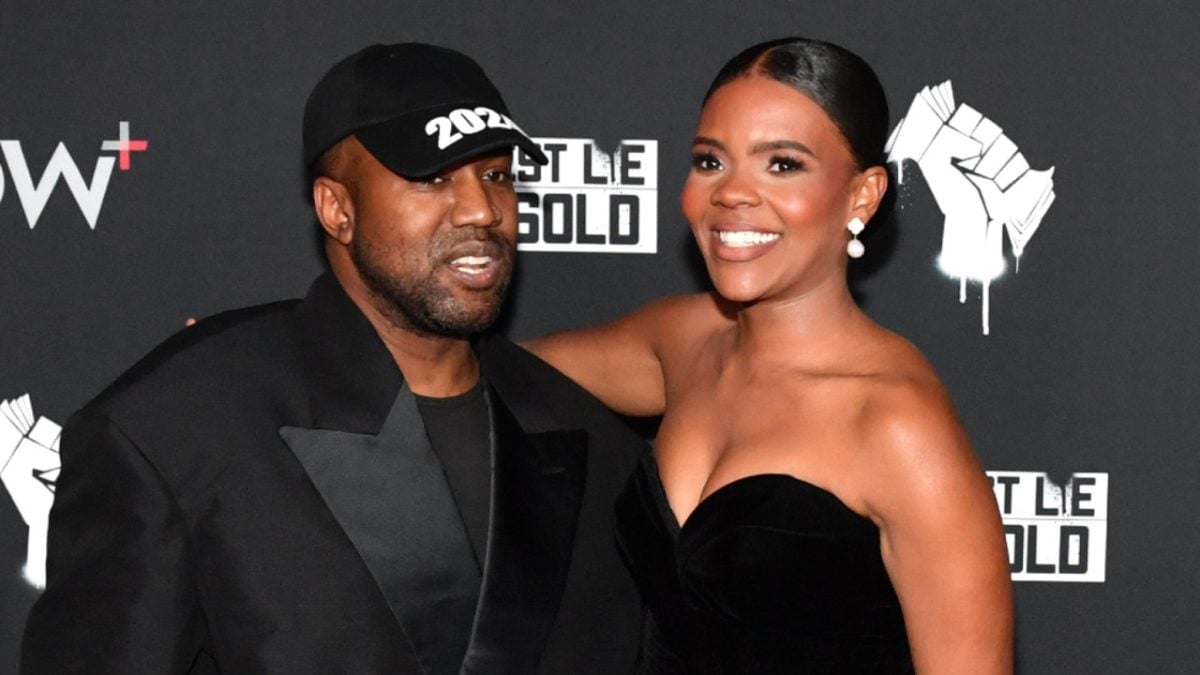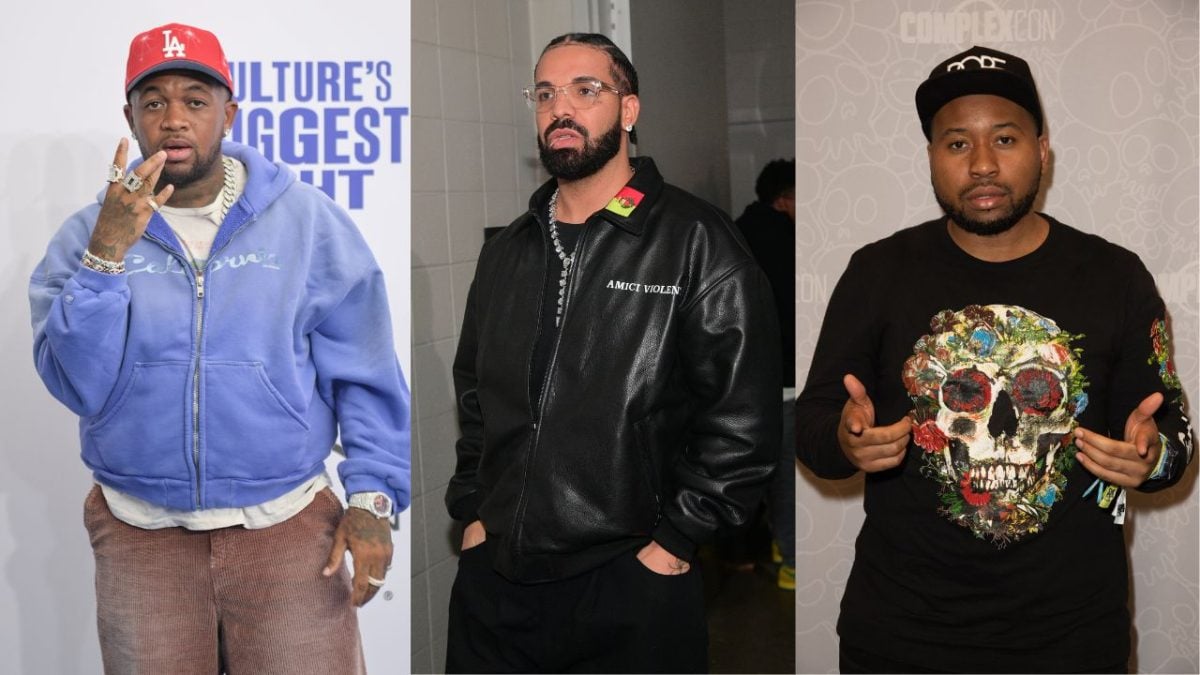In a dramatic turn, Drake is embroiled in a legal battle, alleging manipulation tactics against Universal Music Group (UMG) and Spotify. Sources, close to the Canadian rapper, suggest it’s not just about music, but a deeper struggle during crucial label negotiations.
The lawsuit centers around UMG’s actions related to the popular diss track ‘Not Like Us’ by Kendrick Lamar. Drake’s camp accuses the music giant of using unethical methods to artificially inflate the song’s popularity. The core claim is that UMG used bots and payola, among other strategies, in what they label an ‘illegal’ effort to dominate streaming platforms.
Loren Lorosa, a reporter with inside access to Drake’s circle, took to social media to shed light on the saga. She noted that Drake’s disputes reach beyond the song itself. It’s allegedly tied to how UMG is handling the rapper during his ongoing label negotiations. Lorosa shared, ‘Drake feels like the label is not protecting a major asset—him—especially now.’
Direct quotes from Lorosa’s social media suggest that Drake’s frustrations boil over UMG’s seeming preference for Kendrick Lamar amid these negotiations. ‘If I was a Taylor Swift, a lot of things would not have happened in this whole Drake and Kendrick back and forth,’ Drake reportedly feels.
The legal documents filed in Manhattan court are packed with accusations of the label’s violations against the RICO Act. These documents claim UMG artificially saturated streaming services to push Lamar’s track. The case against Spotify includes allegations of collaboration in this manipulation scheme.
As the legal proceedings unfold, the tension between Drake and his label is palpable. This case has quickly gone viral, prompting discussions across social media platforms. The community is buzzing with debates over loyalty, label politics, and the power struggles within the music industry.
Drake’s lawsuit against UMG and Spotify shines a light on the tense and complicated world of music industry negotiations. While the legal battle continues, it raises significant questions about artist treatment, label responsibilities, and the lengths to which labels might go to maintain control.


